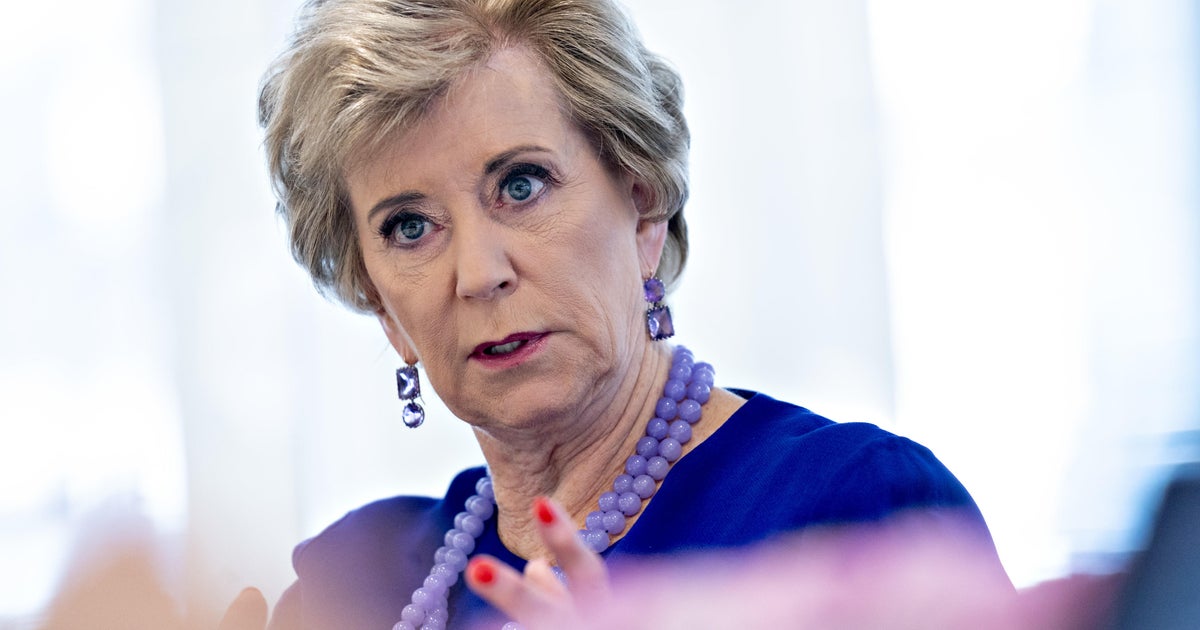Activision Blizzard exec Brack resigns as company reckons with harassment lawsuit
A top executive at Activision Blizzard is leaving the company nearly two weeks after the video game maker was hit with an explosive sexual harassment lawsuit by California regulators.
J. Allen Brack, president of the company's Blizzard division, announced his resignation to staff members on Tuesday. The company said Brack is leaving "to pursue new opportunities." Mike Ybarra and Jen Oneal, two of Blizzard's executive vice presidents, have been named co-leaders of the division behind such popular games as Call of Duty, Overwatch and World of Warcraft.
Brack is leaving as Activision Blizzard moves to improve its workplace culture, company officials have said. The changes stem from a lawsuit this month by California's Department of Fair Employment and Housing, or DFEH, that accuses Activision Blizzard of having a "frat boy" culture where sexual harassment complaints go unresolved.
The complaint claims that Brack had been told as far back as 2019 that employees were leaving Activision Blizzard because of rampant sexual harassment and sexism. After learning that one male employee had sexually harassed a coworker, Brack allegedly only gave verbal counseling to the offender, which the suit called a "slap on the wrist."
"In the office, women are subjected to cube crawls in which male employees drink copious amounts of alcohol as they 'crawl' their way through various cubicles in the office and often engage in inappropriate behavior toward female employees," the lawsuit states, adding that women employees are often assigned lower level and lower-paying jobs.
The company has hired a law firm to review its workplace policies, Activision Blizzard CEO Bobby Kotick said last month.
Before resigning, Brack said in a statement that his successors are well-suited to help Activision Blizzard become a safer workplace for women.
"I am confident that Jen Oneal and Mike Ybarra will provide the leadership Blizzard needs to realize its full potential and will accelerate the pace of change," Brack's statement said. "I anticipate they will do so with passion and enthusiasm and that they can be trusted to lead with the highest levels of integrity and commitment to the components of our culture that make Blizzard so special."
Oneal joined Activision Blizzard in January and oversaw senior development for the company's Diablo and Overwatch video games. Ybarra joined after spending seven years as a senior executive at Microsoft's XBOX division.
More than 2,000 workers protest management
More than 2,000 current and former Activision Blizzard employees have signed an open letter denouncing the way company leaders have handled the lawsuit allegations, CNN reported. At least 50 employees staged a walkout last week in protest of corporate leaders' lack of accountability over sexual harassment claims.
Despite harassment complaints made by women employees to the company's human resources department, officials never took meaningful action to improve conditions, the California lawsuit alleges.
The suit follows a two-year DFEH investigation into Activision Blizzard's workplace culture that found evidence of female employees being subjected to sexual harassment including groping and unwanted advances, as well as pay inequities for women throughout the company. State officials also accused top executives of allowing male employees to routinely torment their female co-workers.
Activision Blizzard is best known for creating the popular game franchises Call of Duty, Overwatch and World of Warcraft. The company began as two separate entities — Activision and Blizzard — but joined forces in a 2008 merger with now-defunct Vivendi Games, the former parent company of Blizzard. The Santa Monica-based company has about 9,500 employees worldwide, 20% of whom are women.
In a separate legal action filed this month, Activision Blizzard investors are suing the company for securities fraud. Shareholders allege that company officials purposely hid the DFEH investigation from its Securities and Exchange Commission filings. Withholding that information for more than two years played a role in investors losing money, the lawsuit argued.
The Associated Press contributed to this report.



